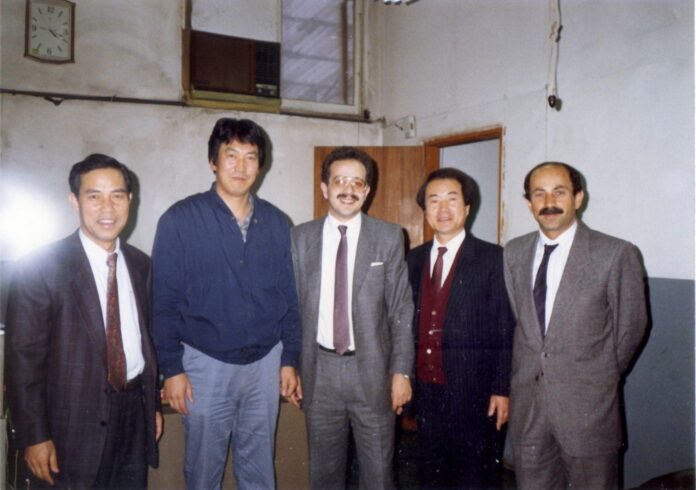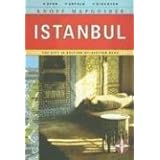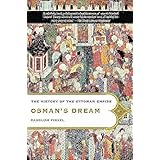I believe that there are lessons that Turkey should draw from China’s development (Regional Cooperation/Imperial Power-based Regionalization and Chinese Businessmen’s Network). Although both countries come from the imperial imperial tradition, Turkey cannot use this power.
1. GEOTRADE approach Turkey’s share in the EU’s trade is 1%, while its share in the trade of the Five Regions (Balkans, Caucasus, Middle East, Russia-Ukraine, Central Asia) and neighboring countries is 6.9%. The highest rate is the share taken from the trade of TURKISTAN countries with 7.9%.
Although the Customs Union was established to increase trade with the EU, the share of EU trade could not exceed 1%. Power is political, to become politically powerful, but the sine qua non of this is trade, being a commercial power.
2. Turkish Businessmen Network Inspired by the Chinese Business Network, I believe that Turkish businessmen in the world will function as the most effective force in the development of Turkey and the Turkish world. An asymmetrical example shows itself in the TUSIAD application. When Turkish and Chinese development models are compared, the approaches of businessmen and bureaucracy seem to be the main differences.
In the Chinese model, which is also known as the “Chinese Business Network”, Chinese businessmen are the main force behind China’s development. The foreign capital flowing to China is provided by Chinese businessmen living outside of China. The model works on the ideal of cooperation and development of China, especially among Chinese businessmen living outside of China.
Same-speaking Taiwanese, Hong Kong, Chinese in the People’s Republic of China and Diaspora (USA, UK, Canada, Thailand,Indonesia, Malaysia, Philippines, Australia, New Zealand) the Chinese are creating an incredible economic dynamism. The underlying thing is that they speak the same language and have the same culture. The economies of ASEAN countries are largely in the hands of ethnic Chinese businessmen who are citizens of the country.
Population of Chinese descent (%) Economic Power (%)
- Singapore 76 76
- Malaysia 32 60
- Indonesia 4 50
- Philippines 1 40
- Thailand 10 50
- Vietnam 1 20
A similar practice is also valid among Indian Businessmen. When we look back at the Turkish practice, the World Turkish Businessmen’s Congress is held periodically in Ankara. The congress is organized by the World Turkish Businessmen Foundation. http://www.dutiv.org.tr/. http://www.dutiv.org.tr/kurultay5/
The database of companies is available at http://www.dutiv.org.tr/rehber/sfirma.html . It is stated that Turks live in 132 countries in the world and 6 million 800 thousand people of Turkish origin live outside the borders of their own country. It is emphasized that the country with the highest number of immigrants living outside the borders of its own country in the world is China, with a population of 1.3 billion, and China has 55 million people living abroad, followed by India.
The Chinese are in the first place, the Indians are in the second place, and the Turks are in the third place among the people living outside their own country in the world. Of course “ Turkish Businessmen Network”It is not necessarily a formal organization. The important thing is to make this invisible network work and functional. It is to ensure that businessmen have such a consciousness. If we had such a consciousness, the share of our neighbors’ trade volume would not have been as low as 6%.
Since Turkey indexes its entire existence to the European Union, this network cannot be established. Since the state is indifferent to such an issue, such a network can only be formed by taking political initiative. Turkish origin populations live in neighboring countries such as Greece, Bulgaria, Romania, Moldova, Macedonia, Iran, Iraq and Azerbaijan. Well, people who speak the same language are Turkish, Cypriot, Balkan, Caucasian, Iranian, Iraqi, Crimean, Russian,Why do Central Asian Turks and Diaspora Turks not create such an economic dynamism, but a great corruption/drug traffic dynamism? Suggestion- Each Turkish businessman should cooperate with at least two businessmen among 200 million Turks or Turkish-speaking people living in 45 states and 14 autonomous republics to form a network.





















